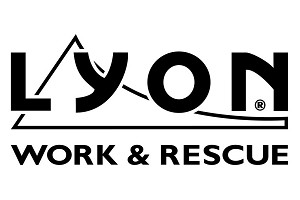In reply to ClimberEd:
We bought a house in Herault last year.
Notaire fees are approx. 8% of the sale price, and payable at the same time as completion - you will have to pay a deposit in advance of that though.
As others have said, you have two annual taxes to pay and they are worked out similar to uk council tax.
We're not concerned about the CGT issues as we intend to live here once I've retired. Inheritance rules can be avoided using a decent solicitor, but as someone has already said, the law is changing/has changed to allow foreigners to be more flexible.
Important stuff - use a broker to switch your GBP to Euros and keep a close eye on the exchange rate - from finding our house to paying for it we lost nearly £10k due the weakening pound.
I type this on our verandah watching the sun set close to the crag that is Caroux, drinking local wine and eating local cheese - living the dream, literally. Sadly I'm back to work in a week, so will have to start planning the next trip.
Go for it.
